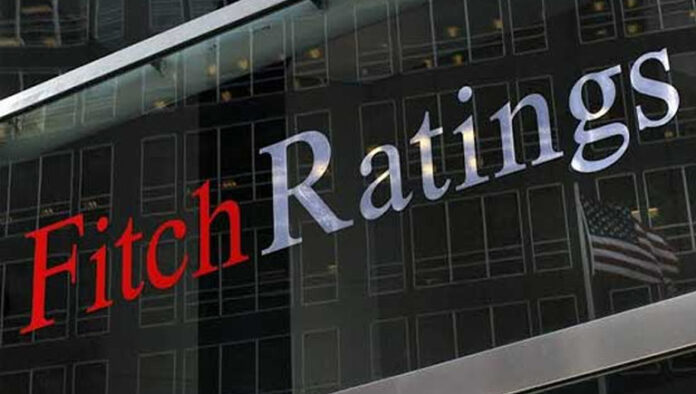Fitch Ratings has raised Pakistan’s Long-Term Foreign-Currency Issuer Default Rating (IDR) from ‘CCC-‘ to ‘CCC’. This upgrade is attributed to Pakistan’s improved external liquidity and funding conditions following its Staff-Level Agreement (SLA) with the International Monetary Fund (IMF) on a nine-month Stand-by Arrangement (SBA) in June.
The SLA is expected to receive approval from the IMF board in July, which will unlock other sources of funding and anchor policies around the parliamentary elections scheduled for October. However, Fitch Ratings acknowledges that there are still risks related to program implementation and external funding due to the country’s volatile political climate and significant external financing requirements.
Pakistan has recently taken measures to address issues such as revenue collection shortfalls, energy subsidies, and policies inconsistent with a market-determined exchange rate. These measures were necessary to overcome obstacles that delayed the previous three reviews of Pakistan’s IMF program, which expired in June. The government has also made amendments to its proposed budget for the fiscal year ending in June 2024, introducing new revenue measures and spending cuts.
While Fitch Ratings recognizes the progress made by the Pakistani government, they caution that implementation risks remain. Pakistan has a history of deviating from its commitments to the IMF. Furthermore, uncertainties surrounding the October elections and the government’s commitment to the program after the elections could pose challenges.
Upon approval of the SBA by the IMF board, Pakistan will receive an immediate disbursement of $1.2 billion, with additional amounts scheduled for later disbursements. Saudi Arabia and the United Arab Emirates have also committed $3 billion in deposits, and Pakistan expects to receive $3-5 billion in other new multilateral funding after finalizing the IMF agreement. The SBA will also facilitate the disbursement of aid pledges made at the January 2023 flood relief conference, including project loans.
Pakistan’s current account deficit (CAD) has shown improvement due to import restrictions, tighter fiscal and economic policies, measures to limit energy consumption, and lower commodity prices. Fitch Ratings forecasts a CAD of about $4 billion (1% of GDP) for the fiscal year ending in June 2024, lower than the budgeted $6 billion. However, there are still risks of the CAD widening, such as import backlogs, the manufacturing sector’s dependence on foreign inputs, and reconstruction needs following last year’s floods.
The ‘CCC’ rating reflects Pakistan’s low foreign exchange reserves, volatile political situation, wide fiscal deficits, high and stable debt level, and governance issues. The government is considering seeking maturity extensions on loans from non-Paris Club bilateral creditors. While debt dynamics are broadly stable due to high nominal growth, debt/revenue and interest/revenue ratios are worse than those of peer countries. Pakistan has an ESG Relevance Score (RS) of ‘5’ for political stability, rights, rule of law, institutional quality, regulatory quality, and control of corruption, indicating areas of concern in these aspects.




